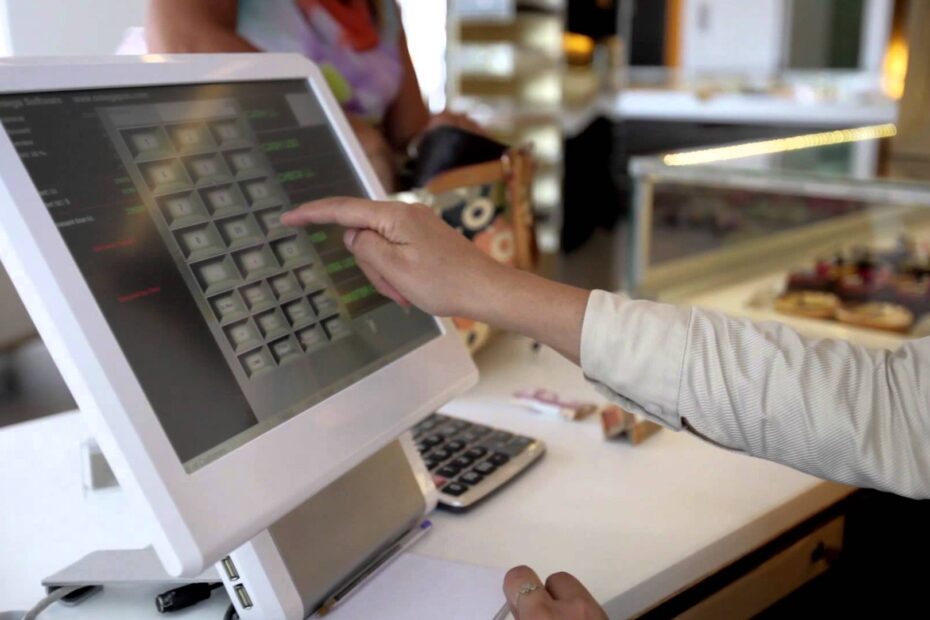Hotels must successfully manage their online distribution channels to maximize income and occupancy in the fiercely competitive hospitality sector. A hotel software channel manager can be useful in this situation. In order to effectively manage their inventory and rates across numerous online travel agencies (OTAs) and other distribution channels, hotels can use software solutions called hotel channel manager. This thorough manual will explain hotel channel administration in detail and help you comprehend its purpose, advantages, functions, and best practices.
Understanding the role of a hotel channel manager
The main hub for controlling and dispersing room availability and rates across various channels is a hotel channel manager. In the past, hoteliers had to spend time and risk errors manually updating their inventory and rates across all channels. Hoteliers can automate this procedure with a channel manager, making sure that their rates and availability are synchronized in real time across all channels.
A hotel channel manager also gives hoteliers a comprehensive overview of all the channels and enables them to check on their effectiveness. They can use this information to determine which channels are generating the most bookings and income and adjust their distribution strategy accordingly.
Benefits of using a hotel channel managements
The advantages of using a hotel channel manager are numerous for hoteliers. First off, by automating the distribution process, it saves them a lot of time and work. Hoteliers may make adjustments in the channel manager and have them quickly reflected across all channels rather than having to manually update pricing and availability on each one.
A hotel channel manager also aids hotels in preventing instances of overbooking or underbooking. There is almost no danger of multiple bookings or availability issues because the channel manager maintains real-time synchronization of inventories. By doing this, hotels are able to maintain a high level of client satisfaction and prevent bad feedback or complaints.
Utilizing a channel manager also allows you to increase your distribution reach. The number of prospective customers that hoteliers can reach by linking to various OTAs and other distribution channels is increased. The hotel may experience higher occupancy rates and income as a result of this improved visibility.
How a hotel channel management works
A hotel channel manager connects multiple distribution channels and integrates with the hotel’s property management system (PMS). The PMS gives the channel manager up-to-date data about bookings, pricing, and hotel availability. The channel manager then updates this data on all associated channels, guaranteeing correctness and consistency.
The room is immediately removed from the inventory that is available across all channels when a reservation is made through any channel. This avoids instances of overbooking. Similar to this, when a booking is altered or cancelled, the channel manager adjusts the inventory appropriately, opening the room to further visitors.
Hoteliers can also specify various fees and constraints for each channel using the channel manager. With this flexibility, they can adjust limits based on demand or provide competitive prices on particular channels to maximize revenue.
Integrating a channel managers with other hotel technology systems
It’s essential to integrate a hotel channel manager with other hotel technology systems in order to take full advantage of its features. The property management system (PMS) is the integration that is most crucial. Hoteliers can ensure a smooth data exchange between the PMS and the channel management by linking the two. Due to the real-time updates provided by this integration, manual data entry is no longer necessary, and the possibility of mistakes is decreased.
Additionally, channel manager and revenue management system (RMS) integration helps improve revenue optimization. To suggest the best prices and limitations, the RMS evaluates market demand, rival rates, and other elements. Hoteliers can automatically adopt these suggestions across all channels by linking the channel manager with the RMS, increasing income possibilities.
Additional connections can improve the user experience and streamline operations, such as those with a customer relationship management (CRM) system or a review management system. These interfaces enable individualized interactions with visitors, effective management of reviews, and focused advertising efforts.
Best practices for effective hotel channel management
It’s crucial to adhere to the best practices for efficient channel management to get the most out of a hotel channel management. Here are some essential advices:
Regularly update rates and availability: To prevent problems of overbooking or underbooking, keep your rates and availability current across all channels. Keep an eye on the market and your competitors’ prices frequently and alter your prices accordingly.
Leverage data analytics: Use the analytics that your channel manager has supplied to learn more about the performance of the channel, booking trends, and guest preferences. Make informed judgements about your pricing and distribution strategy using this data.
Optimize content and visuals: Make sure the written and visual materials on your website appropriately reflect the hotel’s unique selling characteristics. Positive guest reviews, thorough descriptions, and high-quality photos can all have a big impact on your channels’ conversion rates.
Monitor channel performance: Keep a close eye on each channel’s performance to spot any problems or irregularities. Consider altering your strategy or looking for alternate distribution channels if a channel is constantly doing poorly after considering the causes.
Stay updated with industry trends: Keep up with the most recent trends and advancements in the hospitality sector, particularly as they relate to online distribution. This will enable you to modify your distribution plan and keep up with the competition.
Conclusion
In conclusion, if hotels are to succeed in the cutthroat hospitality sector, they must grasp the channel manager system. A hotel channel manager acts as a focal point for effectively controlling rates and inventory across numerous online distribution channels, which reduces errors and saves time. Utilizing a channel manager has advantages such as reducing overbooking, extending distribution, and improving client happiness.
A hotel channel manager updates real-time data across all connected channels by interacting with the property management system (PMS). Due to the constant flow of data, hoteliers can establish different prices and restrictions for each channel according to demand and avoid overbooking scenarios.



